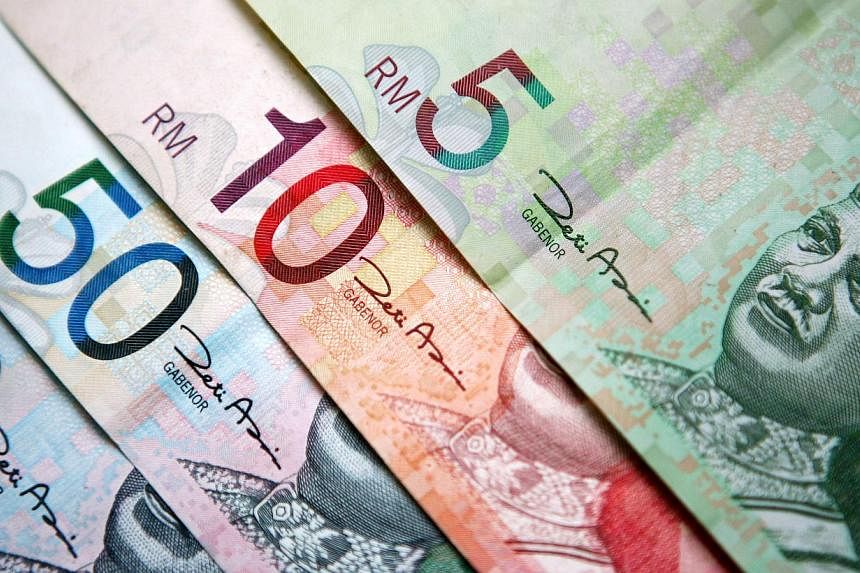KUALA LUMPUR (Bloomberg) - Malaysia's ringgit slumped the most since December as oil prices fell for a third day and data showing strength in the US economy boosted demand for the dollar.
US factory orders rose in March by the most since July, a report showed Monday, while data May 8 is likely to show hiring picked up in April, fueling speculation a winter slowdown in the world's largest economy may have been short lived. Overseas sales for Malaysia, Asia's only major oil exporter, probably fell for a third month in March, according to the median estimate of analysts in a Bloomberg survey before official figures due on May 7.
The ringgit weakened 1.2 per cent, the most since Dec 1, to 3.6050 a US dollar as of 12.38 pm in Kuala Lumpur, prices from local banks compiled by Bloomberg show. Malaysian financial markets were shut on May 1 and 4 for public holidays.
"There are certain expectations for the US non-farm payrolls to show a rebound," said Sim Moh Siong, a foreign-exchange strategist at Bank of Singapore Ltd. The ringgit's drop "reflects the broader dollar trend," he said.
The Bloomberg Dollar Spot Index, which tracks the greenback versus 10 major currencies, has gained 0.8 per cent in the past four days. US employers probably added 230,000 jobs in April following a 126,000 gain in March that was the smallest since the end of 2013, a Bloomberg survey shows.
Brent crude fell for a third day, raising concern over government revenue for Malaysia. The nation's exports fell 4.2 per cent in March from a year earlier, according to a Bloomberg survey. The central bank will keep the benchmark rate at 3.25 per cent at a May 7 review, according to 19 of 20 economists in a separate survey. One sees a cut to 3 per cent.
Government bonds were little changed, with the yield on the 10-year notes steady at 3.86 per cent, data compiled by Bloomberg show.


